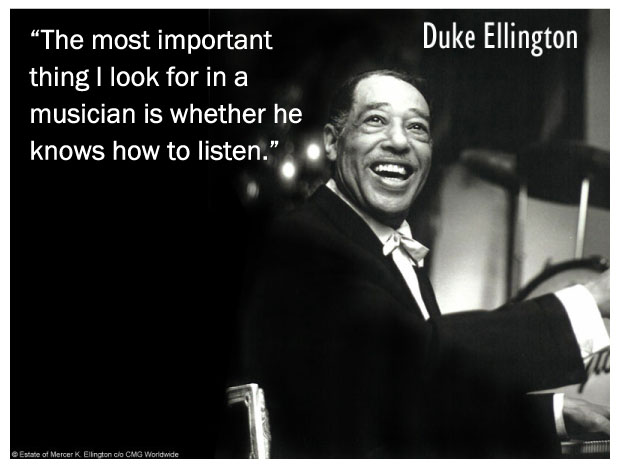Jazz Advice
- Click or tap on any subheading of the Contents Outline and you are taken to that section on this page.
- Click or tap on any Question/Topic and its page opens up. Any words below colored in bold in these instructions are hot links to the area designated. Click or tap on them to go to that area.
- If you have submitted your email in the Join Us link (located in the upper right corner on the top of the HOME page menu bar or under the Navigation menu on top left of each page) and have received a confirmation reply email, you may then edit the website as a writer/editor.
- To Login as a writer/editor, click on Personal located at the top left of the page, then click on login. To upload an image it must be either a .jpg, .jpeg, .png, or .gif and preferably a Creative Commons Zero (CC0) license. This means the pictures are completely free to be used for any legal purpose and free for personal and even commercial use. They can be modified, copied and distributed without asking for permission or setting a link to the source, so that attribution is not required. Click on the Tools menu bar located at top of page on right then fifth item down that says Upload file. Please read under the Wiki menu (located on home page or under Navigation menu), PoJ.fm's Format Philosophy for the Procedures and Protocols for uploading an image.
Effective Improvisations Require Effortless Mastery[edit]
- JazzAdvice.com in their book, Visualization For Jazz Improvisation Ebook 3.0 observes that "The reality is, for a jazz improviser, there's no time to think of shortcuts, or even if you don't use any mental shortcuts, to have even an ounce of your mental effort spent on thinking about chords, chord-tones, progressions, or anything theory related. To play with freedom and creativity, you need instant and effortless mental access to every part of a chord, chord progression, scale, language, or tune you want to play. The way to achieve this goal is to visualize the information over and over until it moves to a different layer of your brain where you store information that you "just know," like what the color red looks like, your phone number, or your best friend's name."
- Piano master improviser and jazz author, Kenny Werner, has written about effortless mastery in his book by the same name, Effortless Mastery. In his book Werner discusses the problems improvising musicians face and how to practice to overcome them: "Playing music should be as simple and natural as drawing a breath, yet most musicians are hindered by self-consciousness, apprehension, self-doubt, and stress. Before we can truly express our inner self, we must first learn to be at peace and overcome the distractions that can make performance difficult. Kenny's remarkable work deals directly with these hindrances, and presents ways to let natural creative powers flow freely with minimal stress and effort."[1]
- Miles Davis gave this as one of his musical practices, as reported in his New York Times obituary: Other trumpeters play faster and higher, but more than in any technical feats Mr. Davis's influence lay in his phrasing and sense of space. "I always listen to what I can leave out," he would say.
Internet Resources for Jazz Advice[edit]
- Jazz Standards (dedicated to the preservation of information for the musical compositions known as Jazz Standards)]
NOTES[edit]
- ↑ Effortless Mastery advertising blurb for book.
Warning: Cannot modify header information - headers already sent by (output started at /home/jpic/philosophyofjazz.net/w/includes/WebStart.php:37) in /home/jpic/philosophyofjazz.net/w/includes/WebResponse.php on line 37
Warning: Cannot modify header information - headers already sent by (output started at /home/jpic/philosophyofjazz.net/w/includes/WebStart.php:37) in /home/jpic/philosophyofjazz.net/w/includes/WebResponse.php on line 37
Warning: Cannot modify header information - headers already sent by (output started at /home/jpic/philosophyofjazz.net/w/includes/WebStart.php:37) in /home/jpic/philosophyofjazz.net/w/includes/WebResponse.php on line 37
Warning: Cannot modify header information - headers already sent by (output started at /home/jpic/philosophyofjazz.net/w/includes/WebStart.php:37) in /home/jpic/philosophyofjazz.net/w/includes/WebResponse.php on line 37

